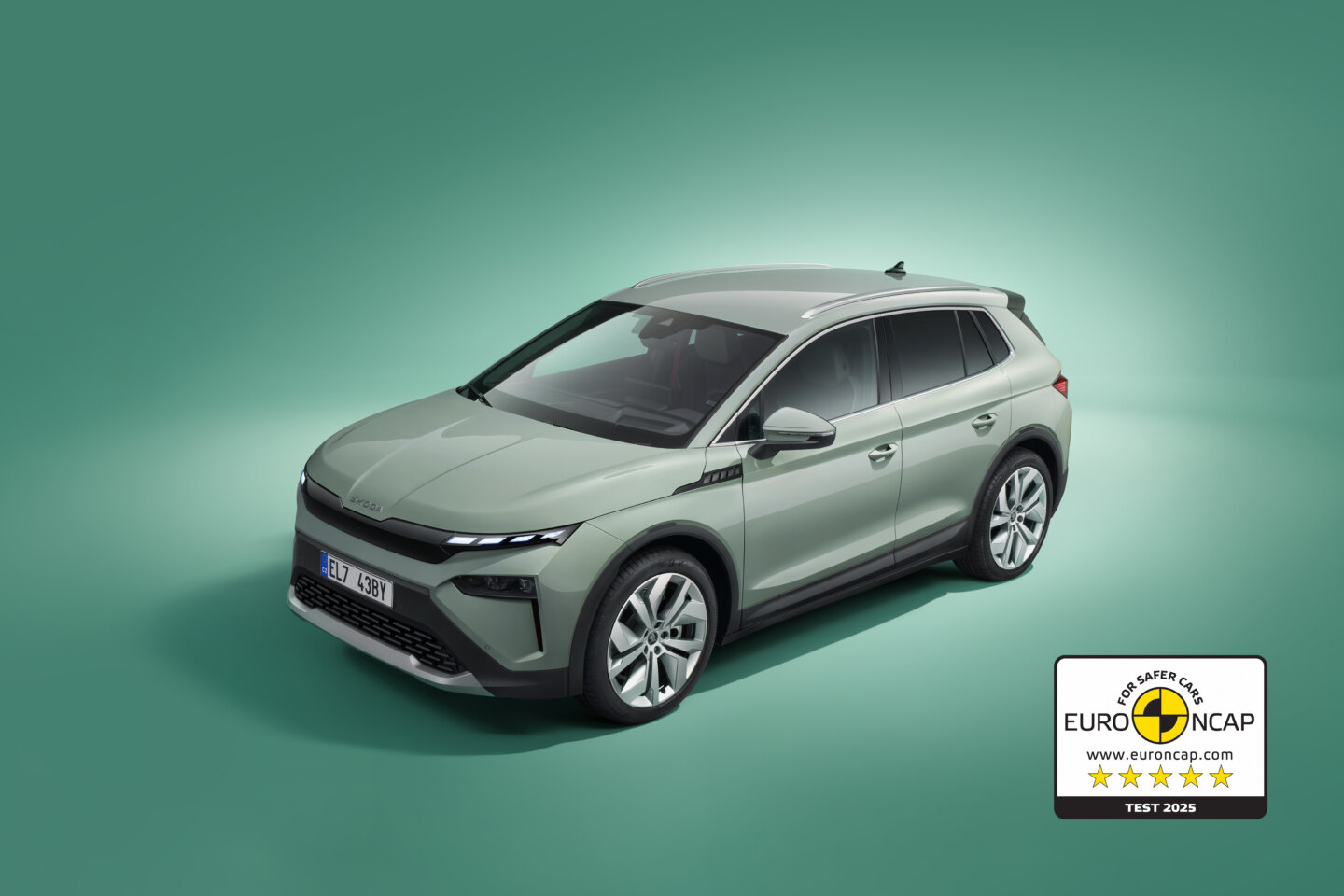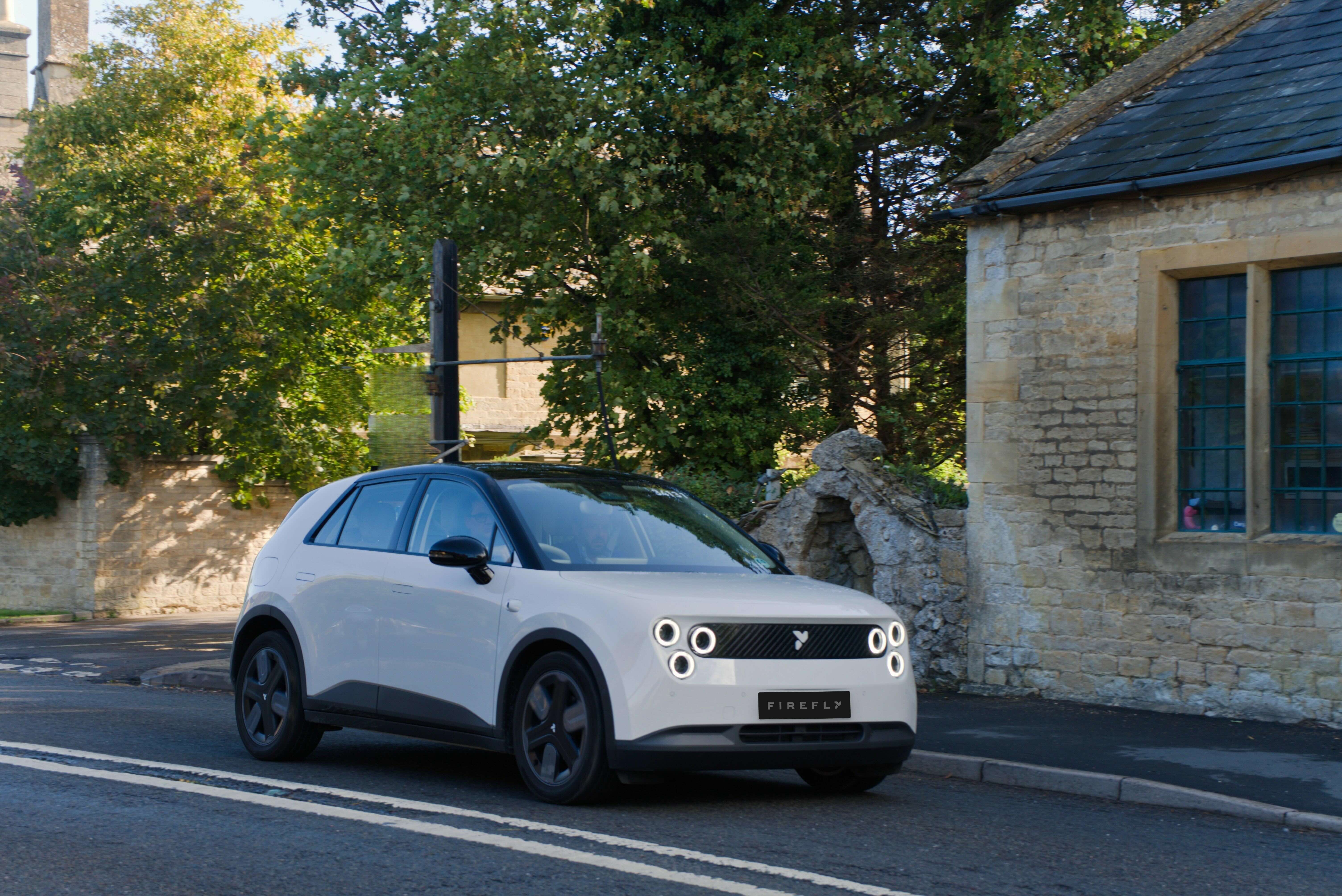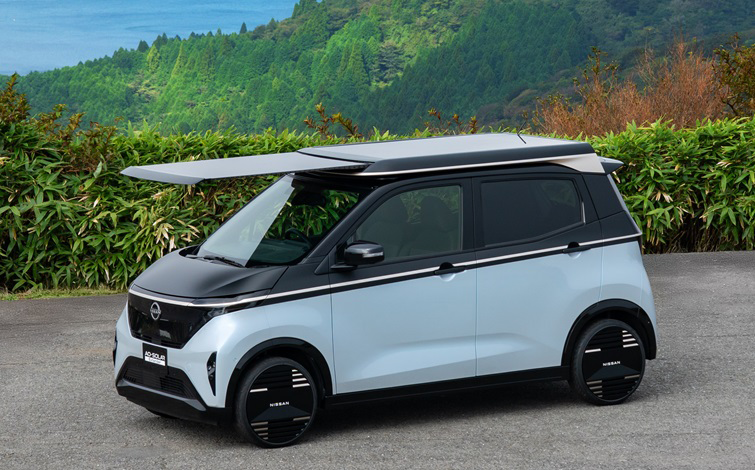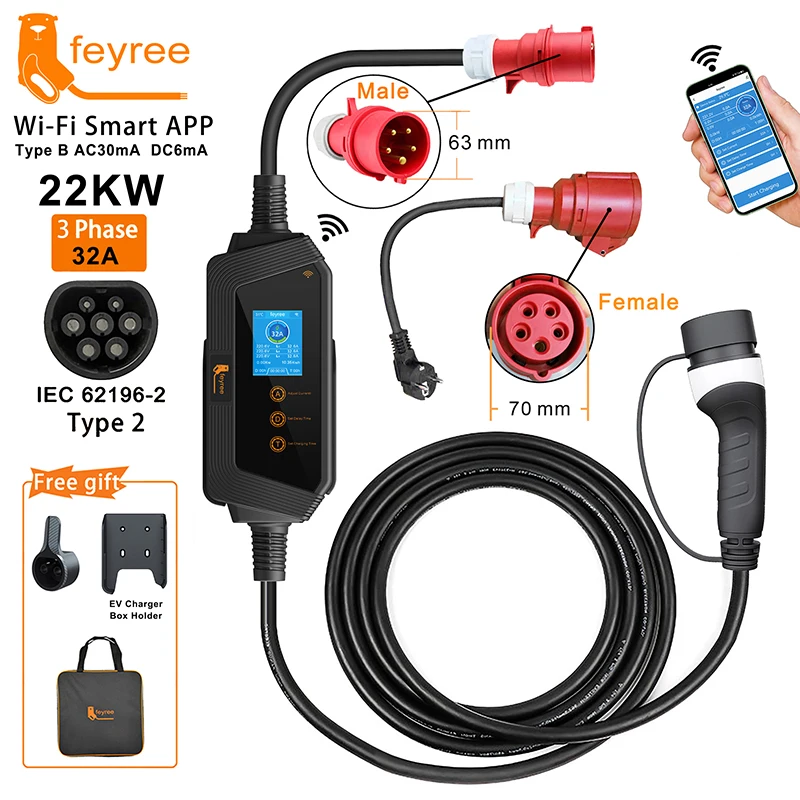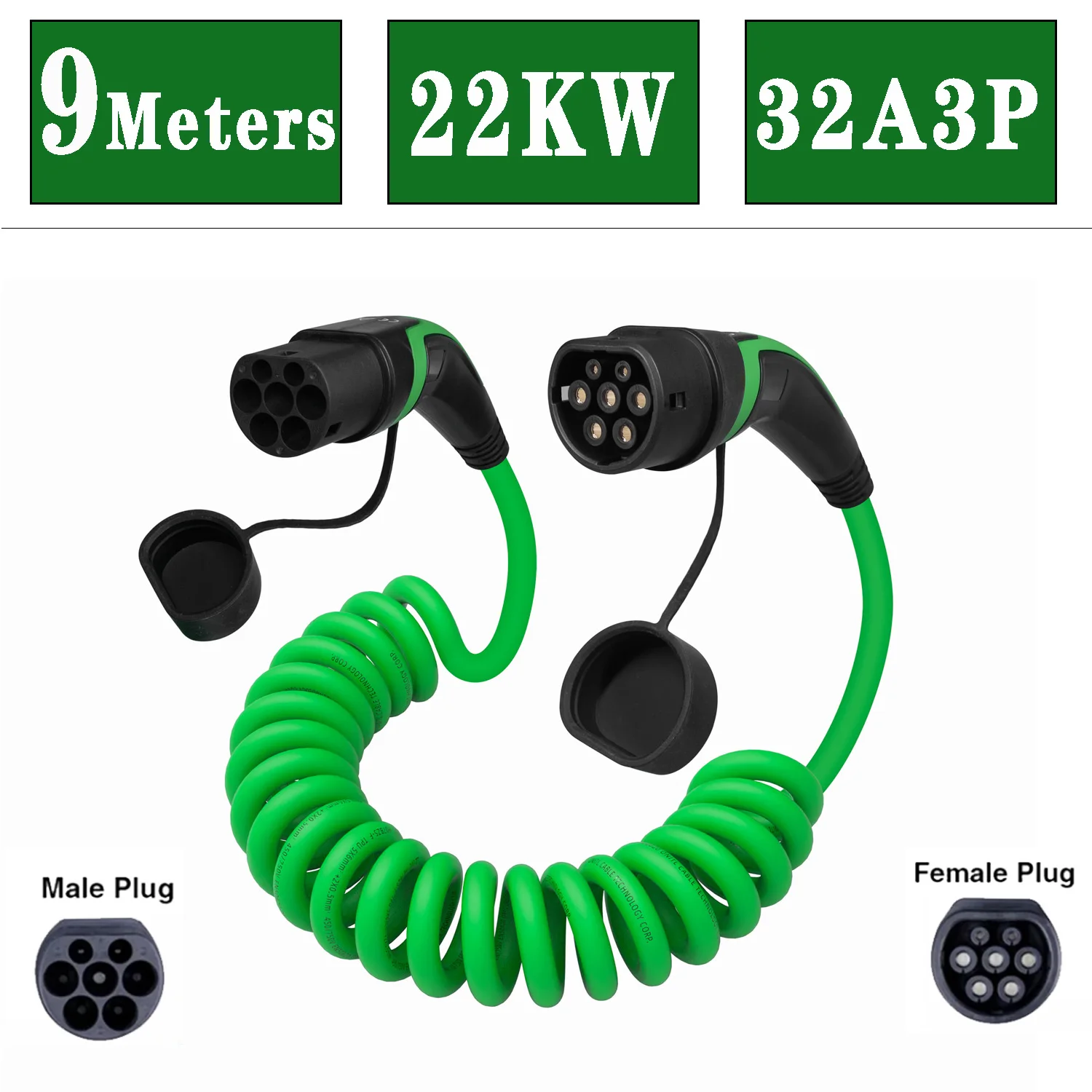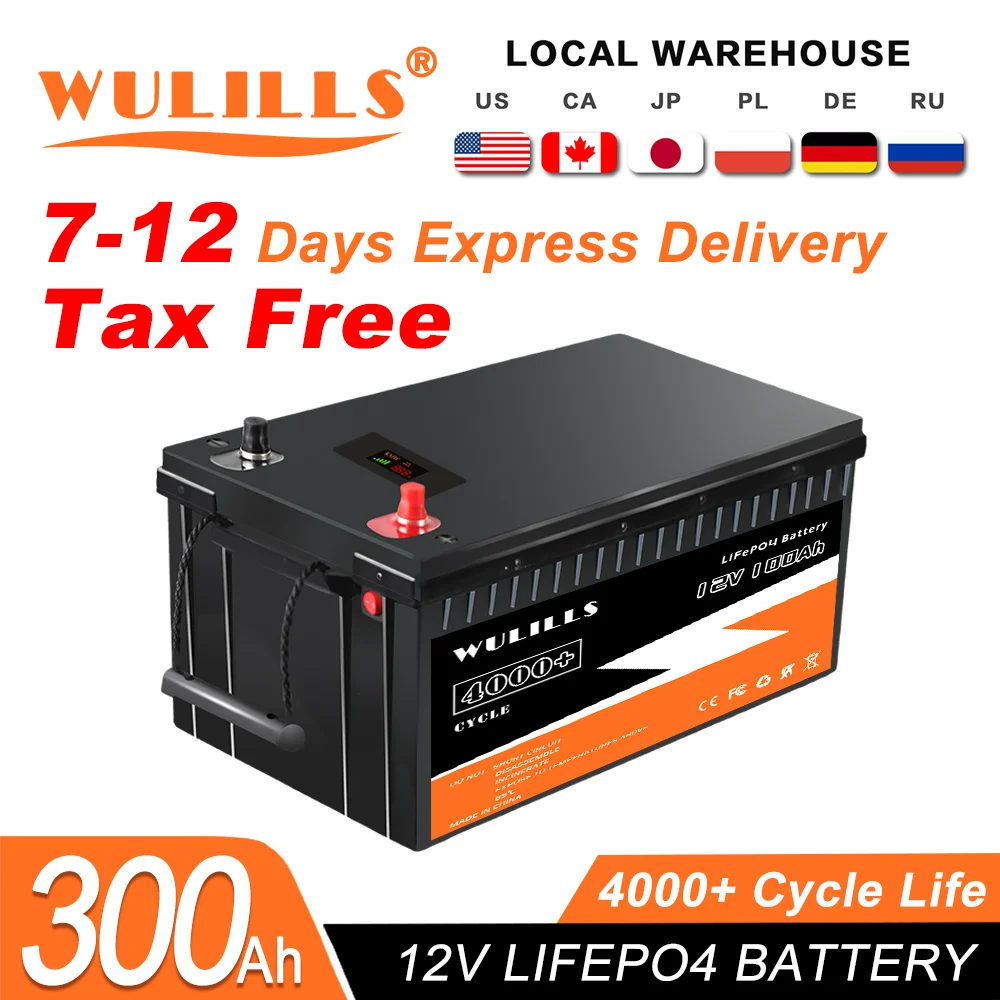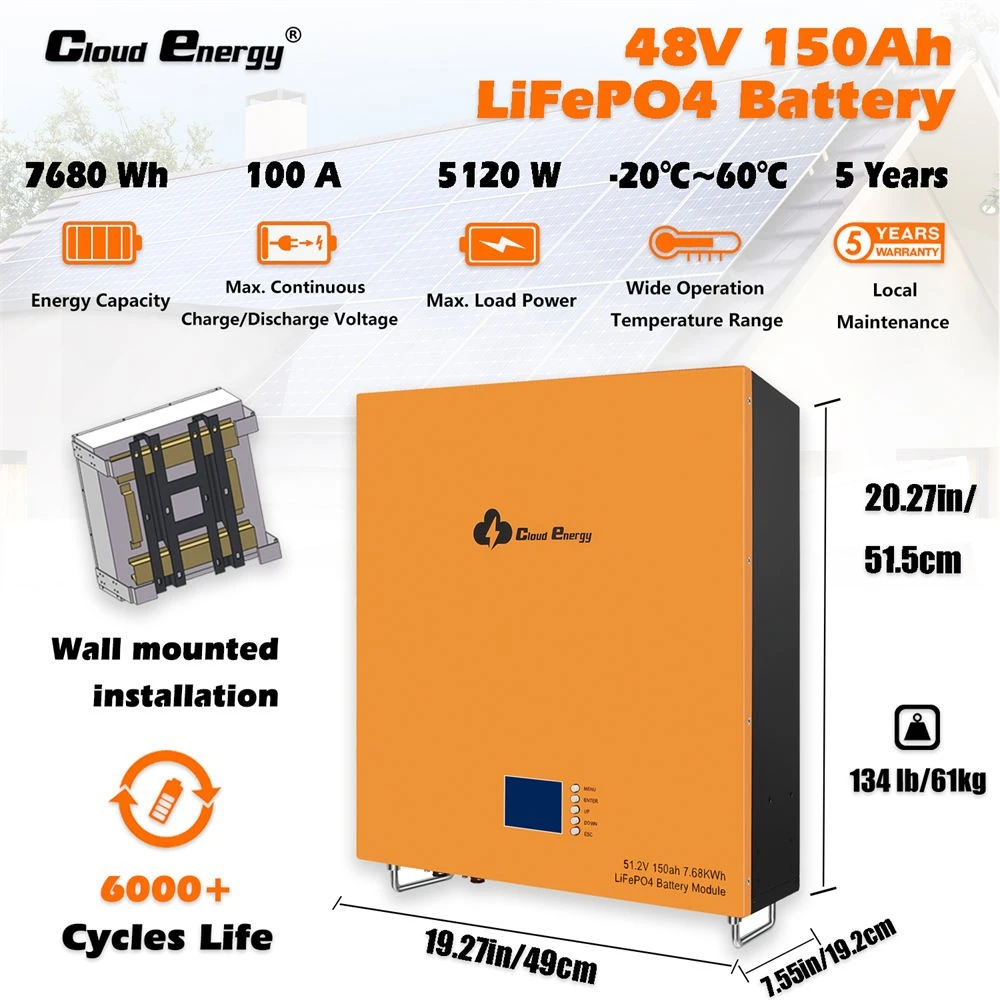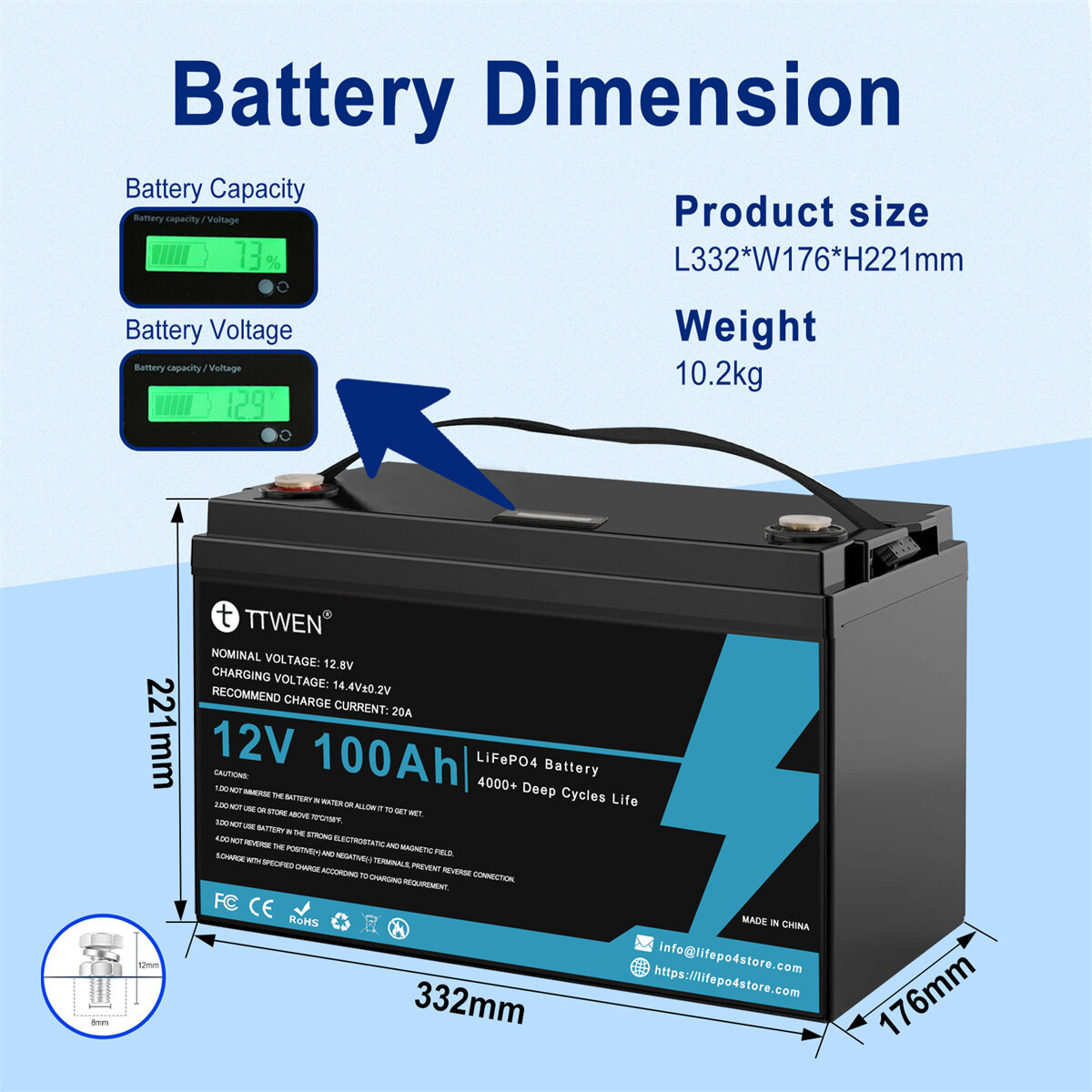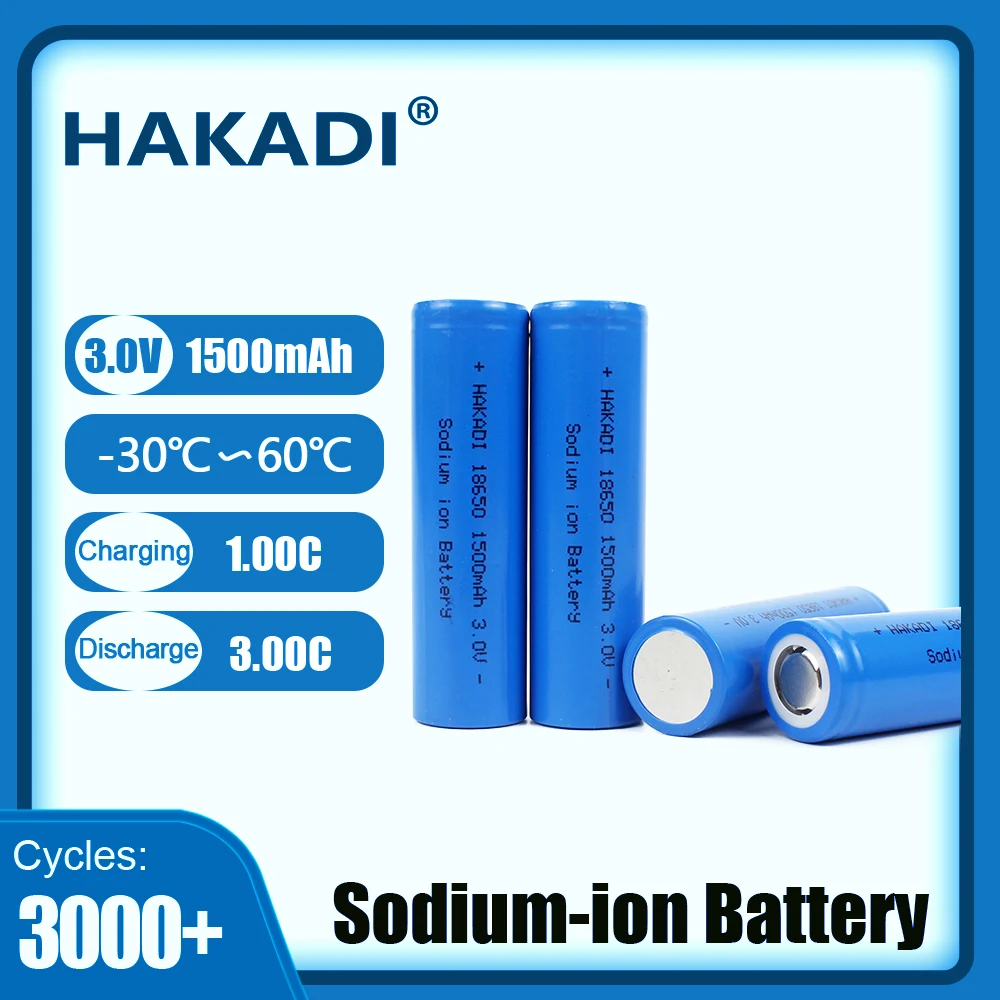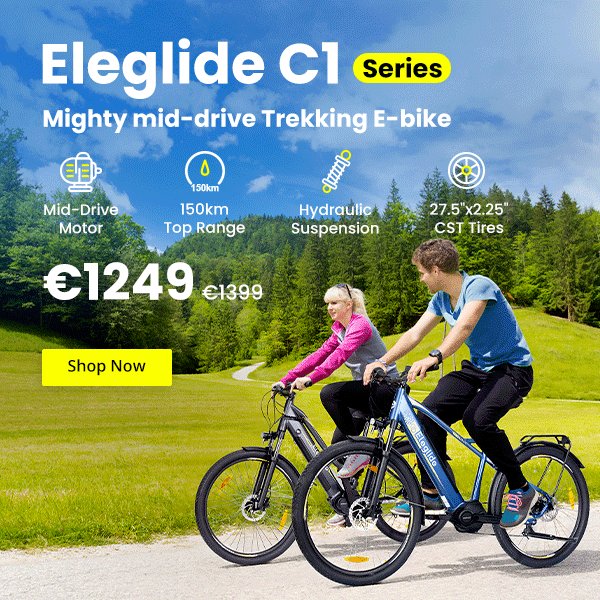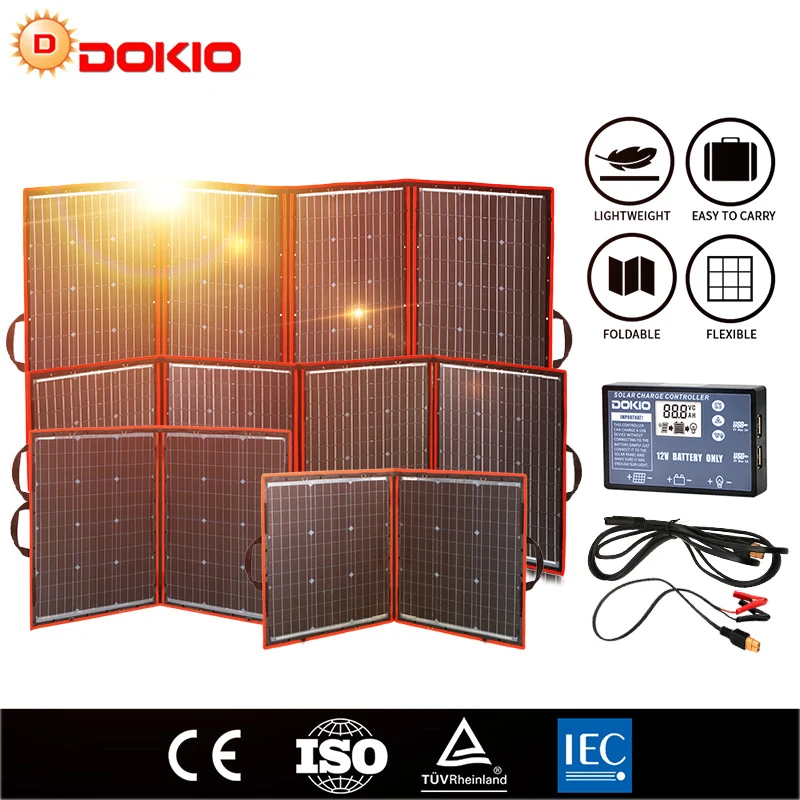
Pedro Lima
My interest in electric transportation is mostly political. I’m tired of coups and wars for oil. My expectation is that the adoption of electric transportation will be a factor for peace and democracy all over the world.
You may already noticed that recently BYD has been focused on modernizing its electric cars by making them closer to the BYD Han EV, in technology and looks.
Now, almost every new electric car from BYD shares the same cobalt-free Blade Battery technology and a new sleeker front that debuted with the Han EV. The Han EV was the first electric car from BYD that actually looked modern and premium…
Last year I wrote an article praising this small electric car from Leapmotor. It’s small, extremely cheap with decent range and full with safety features that are rare in this segment.
Back then, the 2020 Leapmotor T03 was only available with a NCM 811 battery made by CATL, but now the 2021 Leapmotor T03 has an entry level version with a LFP (LiFePO4) battery from Guoxuan and gets a price cut.
After many years of waiting, soon electric cars will finally have batteries with silicon anodes, which deliver higher energy density and faster charging when compared to common graphite anodes.
GAC Motor recently showed off an electric car with a silicon anode battery that can be charged from 20 to 80 % in just 13 minutes, or from 0 to 80 % in 16 minutes.
As part of the neutron star strategy, Tech Day 2021 also saw the unveiling of GAC’s sponge silicon electrode technology. After years of research, GAC has overcome problems associated with silicon in larger batteries, using independently developed and patented “sponge silicon negative plate battery technology”: this makes the silicon negative sheet inside the battery as soft and elastic as sponge, strengthening it against wear and tear from charging and giving it a larger storage capacity. The volume and weight of a single battery can be reduced by 20% and 14% respectively.
The Chinese battery cell maker Farasis Energy announced the fourth generation of its battery cells.
Thanks to silicon anodes, the new battery cells are extremely energy dense and reach impressive gravimetric and volumetric energy densities (330 Wh/kg and 750 Wh/L).
Let’s see the press release and then the highlights of this new generation of battery cells.
Under the technology research and development ideas of the first generation, the reserve generation, and the development generation, Funeng Technology’s R&D team has made a breakthrough in the energy density of the battery. The energy density of the power battery reaches 330Wh/kg, and its battery technology limits the silicon material. The huge expansion of charging and discharging, combined with single-walled carbon nanotube conductive agent and new binders and other auxiliary materials, build a stable electrode system.
While most battery cell makers have been adopting NCM 811 as their preferred battery technology for energy dense cathodes, LG Chem bet heavily on mass production of NCM 712 battery cells.
NCM 811 offers better energy density and battery cells can easily reach 300 Wh/kg, but NCM 712 offers lower cost by using less nickel and more manganese. At the cell level the cost of NCM 811 is currently estimated at around 90 euros per kWh, while NCM 712 is estimated at around 80 euros per kWh.
Recently, BYD renamed the Yuan EV to Yuan Pro and gave it a new more modern front, similar to the BYD Han EV.
This electric car is now available to order in China and comes with a 50,1 kWh BYD Blade Battery for a NEDC range of 401 km.
Let’s see some specs.
Length: 4.375 mm Wheelbase: 2.535 mm Width: 1.785 mm Height: 1.680 mm Motor: 100 kW and 210 Nm in peak torque Range: 401 km under the NEDC test cycle Battery capacity: 50,1 kWh Battery type: BYD Blade Battery (cobalt-free LFP in CTP format) Starting price (after subsidies): 121.300 yuan (15.607 euros) The BYD Yuan Pro looks nice, however, the Han EV and D1 will probably be the most popular models for a while.
The Chinese electric car BAIC EX3 was recently upgraded and is now powered by a NCM battery made by Guoxuan with an energy density of 200 Wh/kg. This is the most energy dense battery pack to power a mass produced electric car.
Guoxuan is already known to produce the most energy dense cobalt-free LFP (LiFePO4) batteries, now this Chinese battery cell maker - partly owned by Volkswagen - proves that it can also make extremely energy dense NCM batteries.
In France the Dacia Spring will soon be available to pre-order in three versions. Moreover, the now final WLTP ratings have slightly improved from previous estimations, the range increased from 225 to 230 km.
With the All-New Dacia Spring makes electric mobility accessible to all and for all uses. Mainly urban car with SUV look, Spring is a 100% electric car. With generous roominess for 4 adults, Dacia Spring has a driving range of 230 km WLTP (305 km WLTP City).
Guoxuan is a Chinese battery cell maker known for producing the most energy-dense cobalt-free LFP (LiFePO4) battery cells.
Late last year this manufacturer reached a record-breaking energy density of 212 Wh/kg for a LFP battery cell, made with a LFP cathode and a silicon anode. Now, Guoxuan is providing more details about this pouch battery cell.
Battery cell specs
Capacity: 55 Ah Voltage: 3,2 V Energy: 176 Wh Weight: 830 g Energy density: 212 Wh/kg Moreover, Guoxuan has the goal of reaching 230 Wh/kg already during this year and 260 Wh/kg in 2022.
NFA may soon join LNMO and LFMP as a promising cobalt-free cathode chemistry for EV batteries.
Highlights Introducing a new class of cobalt-free, nickel-rich layered cathode (LiNixFeyAlzO2). Our cobalt-free cathode powders were synthesized using co-precipitation process. Our cobalt-free cathodes delivered high capacities ~190 mAh/g at 0.1C. We also fabricated a 0.5 Ah (C/3) cobalt-free Li-ion battery pouch cell. The cobalt-free battery delivered good capacities and cycling performance.
Lithium Australia subsidiary VSPC developed a new cobalt-free LFMP battery cell. LFMP is the high-voltage version of LFP (LiFePO4) and is expected to become its successor.
Let’s see some highlights of the press release.
VSPC – developing the ‘safe’ lithium-ion battery HIGHLIGHTS Safety and cost are driving lithium-ion battery (‘LIB’) technology in the direction of lithium ferro phosphate (‘LFP’). LFP and its derivatives provide far more duty cycles than competing nickel- and cobalt-based LIBs. The addition of manganese to LFP (producing ‘LMFP’) improves LFP energy density while retaining its superior attributes. Lithium Australia NL (ASX: LIT) 100%-owned subsidiary VSPC Ltd (‘VSPC’) has successfully produced LMFP cathode powders that demonstrate improved performance. Overview VSPC has made significant progress towards improving the energy density of LFP LIB cells by adjusting its proprietary manufacturing processes to incorporate manganese into the cathode active material during production.
Changan Benben E-Star is a cute small electric car currently available with a NEDC range of 301 km and a 32,2 kWh NCM battery with generous warranty (300.000 km or 10 years).
The good news is that recent MIIT’s documents show a new homologated version with a cobalt-free LFP (LiFePO4) battery. However, it’s not clear if this electric car will soon have two battery options, or become available only with a LFP battery.
